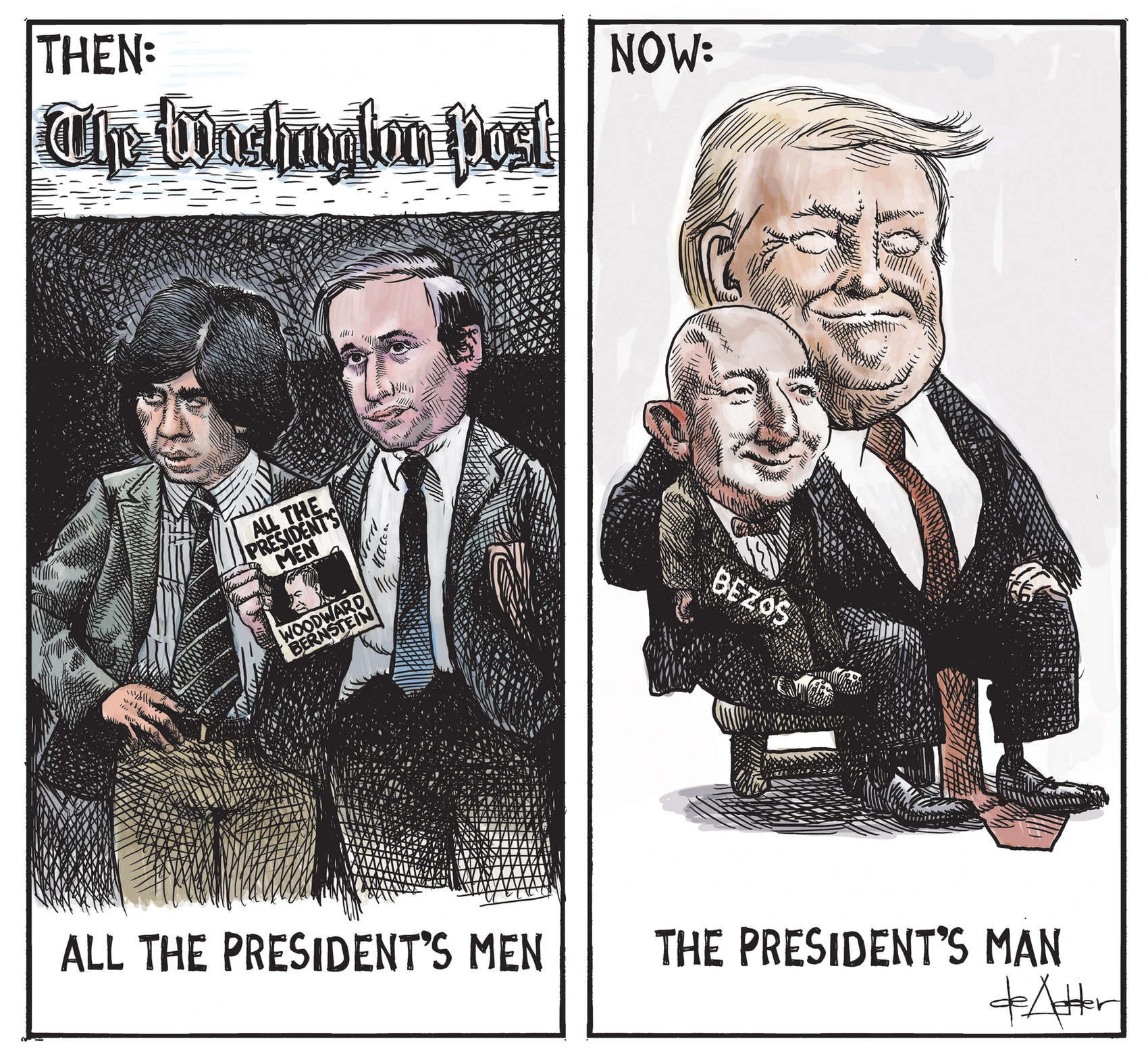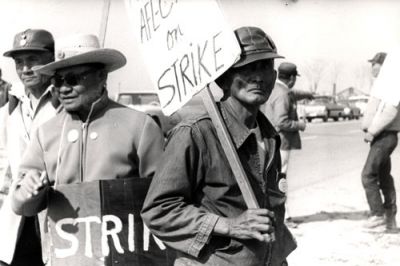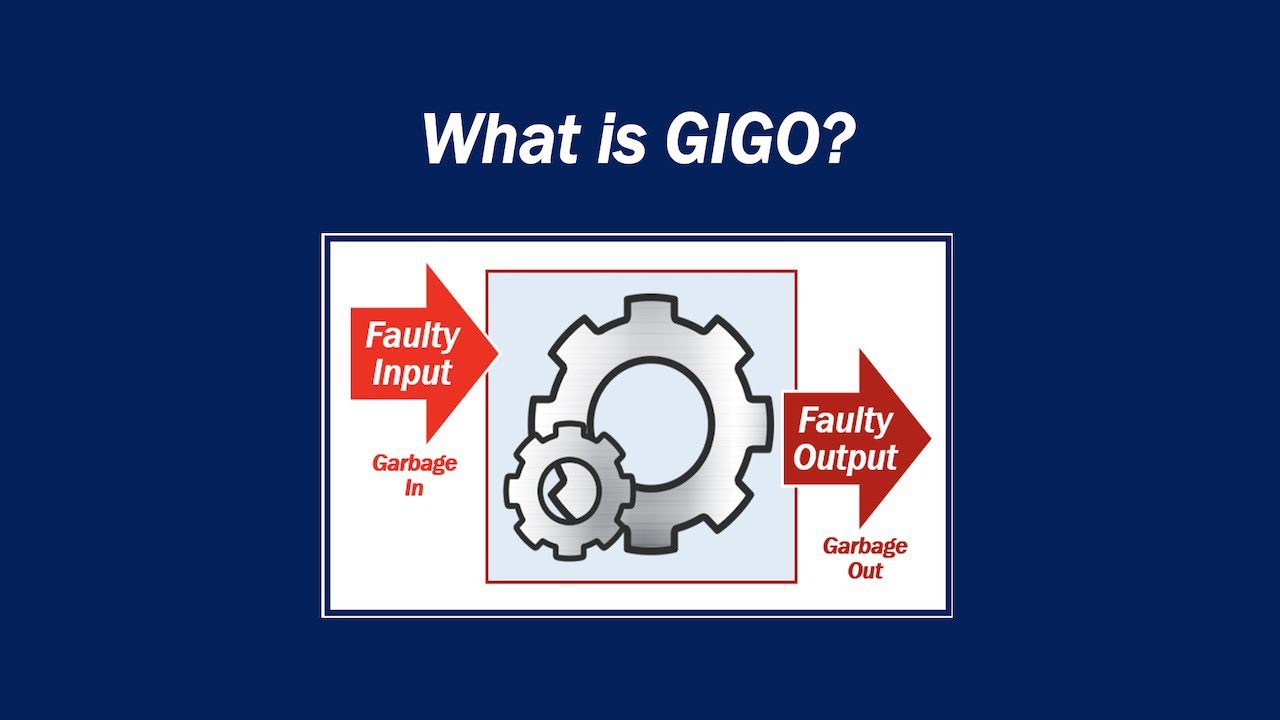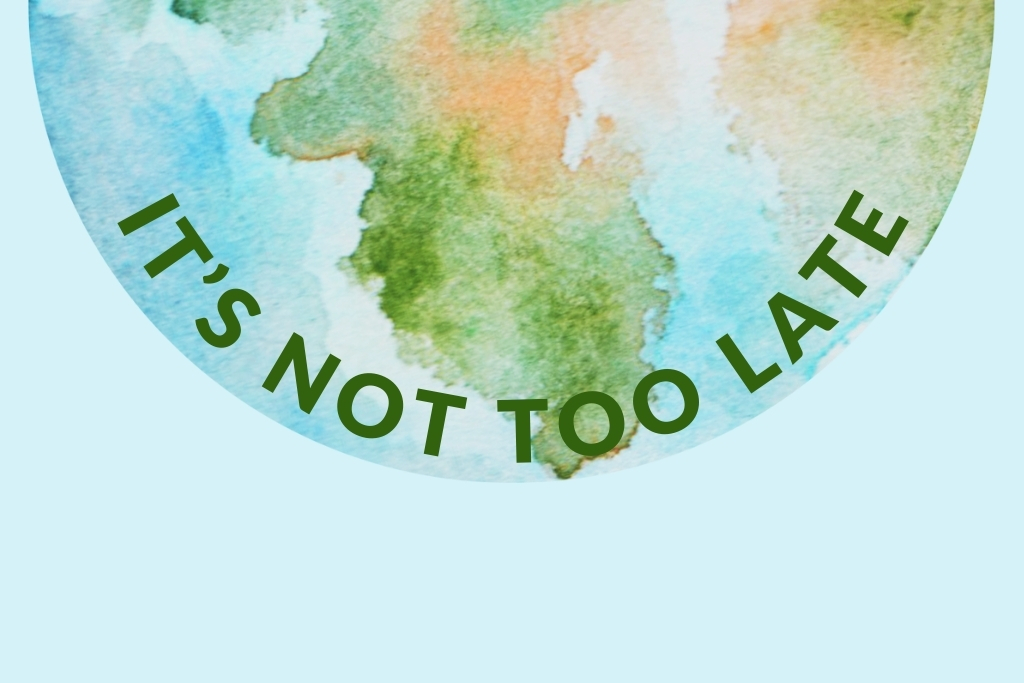Literature
Environmental Journalism in the Age of Idiocracy
Jeff Bezos’ murder of the Washington Post is a major hit, but there are hundreds of great environmental reporters out there in new media who deserve our support — and subscriptions.
By now we have all heard and read about Jeff Bezos’ decision to destroy The Washington Post. Make no mistake: that is what he decided: hundreds of reporters have gotten fired, including several foreign correspondents in dangerous areas with no means of support and no ability to get home. And spare me any questions concerning …
Continue reading “Environmental Journalism in the Age of Idiocracy”
CONTINUE READINGManila Protests Over Environment Follow a Rich Tradition
Happy Filipino American History Month. Here’s a look at Filipino-led protests for environmental justice.
The Philippines made international news last month when several tens of thousands of protestors took over the streets of Manila to express their outrage over the government’s embezzlement of over a trillion Philippine pesos (approximately $17.6 billion USD) designated for flood control projects. Losing this amount of climate-designated funds to corruption would be problematic anywhere …
Continue reading “Manila Protests Over Environment Follow a Rich Tradition”
CONTINUE READINGLegal “Scholarship” and the Overproduction of Elites
What’s the point of writing about the Supreme Court when its only ideology is intellectual dishonesty?
Why do we even bother with this anymore? The New York Times breathlessly reports that the University of Virginia’s Caleb Nelson, a well-respected originalist scholar, has concluded that the “unitary executive theory,” long promoted by conservatives, is, well, bunk. “A bombshell!,” enthuses Will Baude of the University of Chicago, himself a well-respected originalist scholar – …
Continue reading “Legal “Scholarship” and the Overproduction of Elites”
CONTINUE READINGWhat Do Bureaucrats Maximize?
New research demonstrates that governments can reduce intractable emissions problems — if they have the right incentives
It’s no secret that Delhi has perhaps the worst air quality in the world, and it’s also no secret that crop-burning in nearby agricultural areas is one of the principal causes (along with topography). But what can you do about it? It’s illegal already, but because crop-burning is a cheap and effective way to get rid …
Continue reading “What Do Bureaucrats Maximize?”
CONTINUE READINGClimate Adaptation Finance: Garbage In, Garbage Out
A new study reveals the hard truth about the lack of real adaptation data.
Today in Science, a new study delicately uses a lot of words to tell us something that many have long suspected: we really don’t know what in the world is going on. The study, by three scholars at Oxford University’s Environmental Change Institute, notes that pretty much all climate adaptation funds focus on inputs — how much has …
Continue reading “Climate Adaptation Finance: Garbage In, Garbage Out”
CONTINUE READINGLeft NIMBYs Strike Out Yet Again
The Urban Institute study that they cite as evidence for stopping housing does not say what they claim.
The recent publication of Ezra Klein’s and Derek Thompson’s Abundance has the Alt-Left NIMBYs out in force. Again. Outraged by Klein and Thompson’s call for zoning reform, they argue that zoning reform has nothing to do with housing affordability. That’s their standard line. What isn’t standard is their reliance on a quality peer-reviewed study from …
Continue reading “Left NIMBYs Strike Out Yet Again”
CONTINUE READINGWhat if DOGE Came for the NFL?
This is what it looks likes like when DOGE takes on a new task.
We know what DOGE is doing to the government. But why stop there? What if they got loose on another part of U.S. society, professional sports? Here’s a picture of what that could look like. June 2026 June 30. New Trump Order: DOGE to Fix Football (NY Times) Trump on Truth Social: “Too long have …
Continue reading “What if DOGE Came for the NFL?”
CONTINUE READINGMrs. Palsgraf, Meet Enviromental Law
A case involving a freakish accident with fireworks casts a big shadow in environmental law.
Today in my first-year Torts class, I teach the Palsgraf case, one of those cases that every lawyer knows by heart. More about Palsgraf in a moment. It’s a tort case, so it won’t surprise you that oil companies use similar arguments against having to pay damages for climate change. But it may be more …
Continue reading “Mrs. Palsgraf, Meet Enviromental Law”
CONTINUE READINGClimate Action for Earth Day
“We have a long way to go, but we’ve started down the path.” I asked my UCLA Emmett Institute colleagues what climate actions give them hope on Earth Day. Here’s how they answered.
Don’t believe what you’ve heard. There is one single thing you can give up that will help address climate change: voter apathy. One-third of eligible voters—80 million Americans—did not vote in the presidential election last time around. Why not? Because they just “weren’t registered” or they “weren’t interested in politics,” according to this Ipsos survey. …
Continue reading “Climate Action for Earth Day”
CONTINUE READINGA decade of unraveling the effects of regulation on water innovation
By Michael Kiparsky, with Dave Smith, Nell Green Nylen, Luke Sherman, Alida Cantor, Anita Milman, Felicia Marcus, David Sedlak, Bernhard Truffer, Christian Binz, Sasha Harris-Lovett, Jeff Lape, Justin Mattingly, Dave Owen, Lars Tummers, Buzz Thompson
In a recent post, my colleagues and I reported on our most recent research output in a long series of projects examining the effect of regulation on water innovation. The post describes a new framework for understanding and, ultimately, improving relationships between regulators and wastewater utility managers who are seeking to implement novel technical solutions, …
Continue reading “A decade of unraveling the effects of regulation on water innovation “
CONTINUE READING












